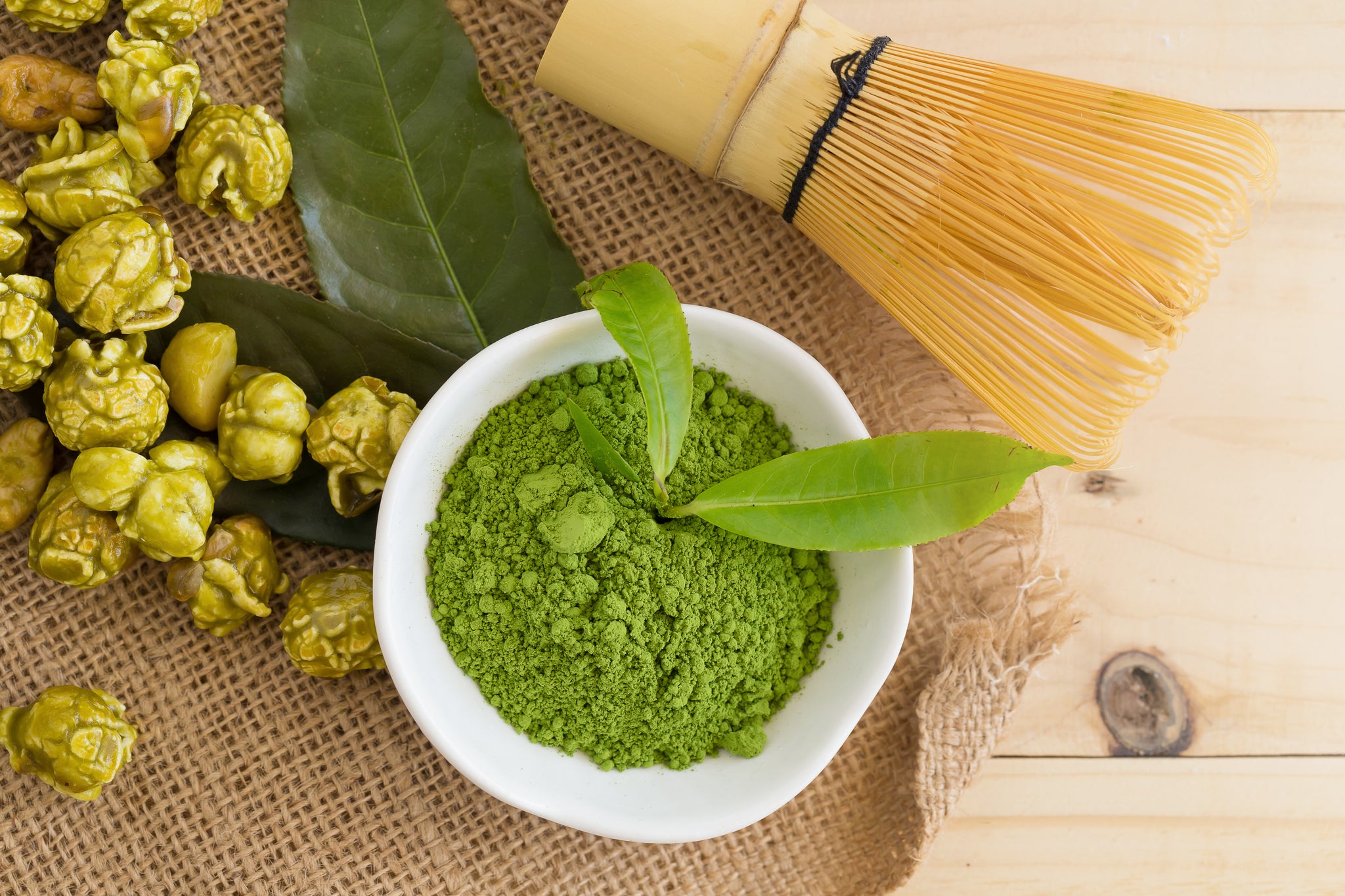
Insider Access to the Matcha processing plant
We travelled around Japan searching for the best Japanese tea to offer to our
customers. Often, the best and most expensive tea comes from this revered birthplace of Japanese tea, Uji - the reason why we chose Uji over Shizuoka.
Tea Cottage SG was honoured to be invited to a private tour in the famous Uji tea
processing plant.

We had to complete a form and put on a clean suit before we can enter the processing area. We were offered a cup of Gyokuro (Highest grade of Japanese green tea normally for distinguished guest) while we were at it.
From these, you will be able to see that the Japanese are very stringent with their quality control process, which gives us peace of mind as consumers.

We have to clean our hands thoroughly.
Then followed by the blower compartment.
Lastly, to ensure that no outside dust or particle is brought along when we enter, a lint roller is used to remove any remaining stubborn dust that survived the blowing process.
Part of the machinery in the matcha tea plant.

Tencha (Matcha leaves) are chopped and put into the sorting machine to separate the leave, stems and the leaf veins.



In this machine, the Tencha will be blown. Being lighter than the stems and veins, the leaves will fly up in the air while the stem/veins will drop.

Inside the blowing machine.


Inspecting the small chopped Matcha leaves (Tencha).

The Matcha leaves (Tencha) will then go through a 30 minutes drying process at 90 degree Celsius.

A peek into the drying machine.

The Matcha leaves (Tencha) after completing its drying process.
Matcha leaves (Tencha) are then packed and sealed before the final grinding to become Matcha.


In the matcha grinding section, we were able to taste the finest hand-picked
premium Matcha leaves ( Tencha ) before it was being grounded into matcha.
It tasted fantastic!

This is the hand grind stone mill method used since ancient times. It can only produce 30-40g of matcha powder an hour and this is one of the reasons why matcha is much more expensive as compared to other green teas. If the grinding process is too fast, the leaves will be burnt and oxidise, hence losing nutrients and the powder will be too coarse to whisk.


Automated Stone mill machines are used nowadays to lower the cost but the amount of matcha produce is still 30-40g an hour.
A close-up video of the matcha stone mill machine.
Stringent food packing process put in place to ensure no impurities make their way into the tea.
Final product! 2 gram individually packed Ceremonial Grade Uji Matcha Powder for our Tea Cottage SG consumers. We had to hand carry it back to Singapore to ensure the tea doesn't lose its flavour as it has to be kept in the fridge as soon as possible.
Stay tuned for other Matcha blog post coming up soon!








